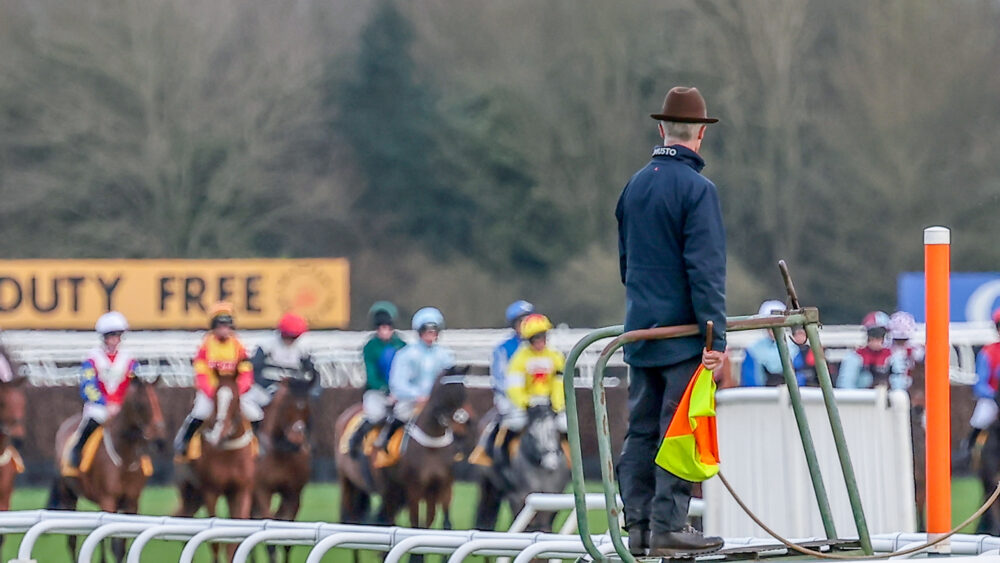Ensuring more races start on time: a modified approach for 2025

Races starting on time is a key part of ensuring the best possible experience for racing fans, both on-course and watching from home.
To improve the punctuality of our races, we, in consultation with industry stakeholders, are introducing a more consistent approach to applying the existing rules around start times.
This new approach, which will begin on Monday 3 March, is part of a collective effort across the sport to increase the percentage of races starting on time from 78.8% in 2024 to a target of 85% set by the sport’s Commercial Committee, and follows on from an announcement we made last month to publish off-times data on the BHA website.
The changes have been discussed, agreed and supported by key stakeholders, including the Racecourse Association (RCA), National Trainers Federation (NTF), Professional Jockeys Association (PJA), and National Association of Racing Staff (NARS), and we are grateful for everyone’s help as we work together to increase the number of races going off on time.
The need for punctuality
Races going off on time (which is defined by the Commercial Committee as starting within two minutes of the scheduled off time) is crucial for the smooth running of the sport. It helps prevent race clashes, ensures a better viewing experience for fans, and supports broadcasters and betting operators in delivering a consistent output. While the nature of working with horses means there will always be some unavoidable delays, this new approach aims to bring greater clarity and certainty for all participants.
What is changing?
The existing rules regarding race start times remain unchanged, and in their simplest form require trainers and jockeys to ensure their horses are ready to start on time.
However, to ensure consistency in the application of the rules, specific trigger points have been introduced to help ensure expectations are clear for all involved. The signal to mount (more commonly known as the bell) is one trigger, which is the point at which a jockey or horse needs to be physically in the parade ring ahead of a race, and the scheduled off time is another, when all horses and jockeys need to be down at the start and ready to race.
If these triggers are not met, Stewards will conduct an enquiry to consider whether a trainer or jockey in is breach of the rules. This will not result in an automatic penalty, and all relevant factors will be taken into account before any decision is made by Stewards as to whether a breach of the rules has occurred.
A common-sense approach
We understand that there are many factors outside of participants’ control that can cause delays. These measures are not about issuing fines or penalties, they are designed to bring greater certainty and consistency for the benefit of all involved in our sport.
By working together, we can improve the experience for racegoers, broadcasters, and those watching from home, while maintaining a fair and practical approach to applying our rules.
